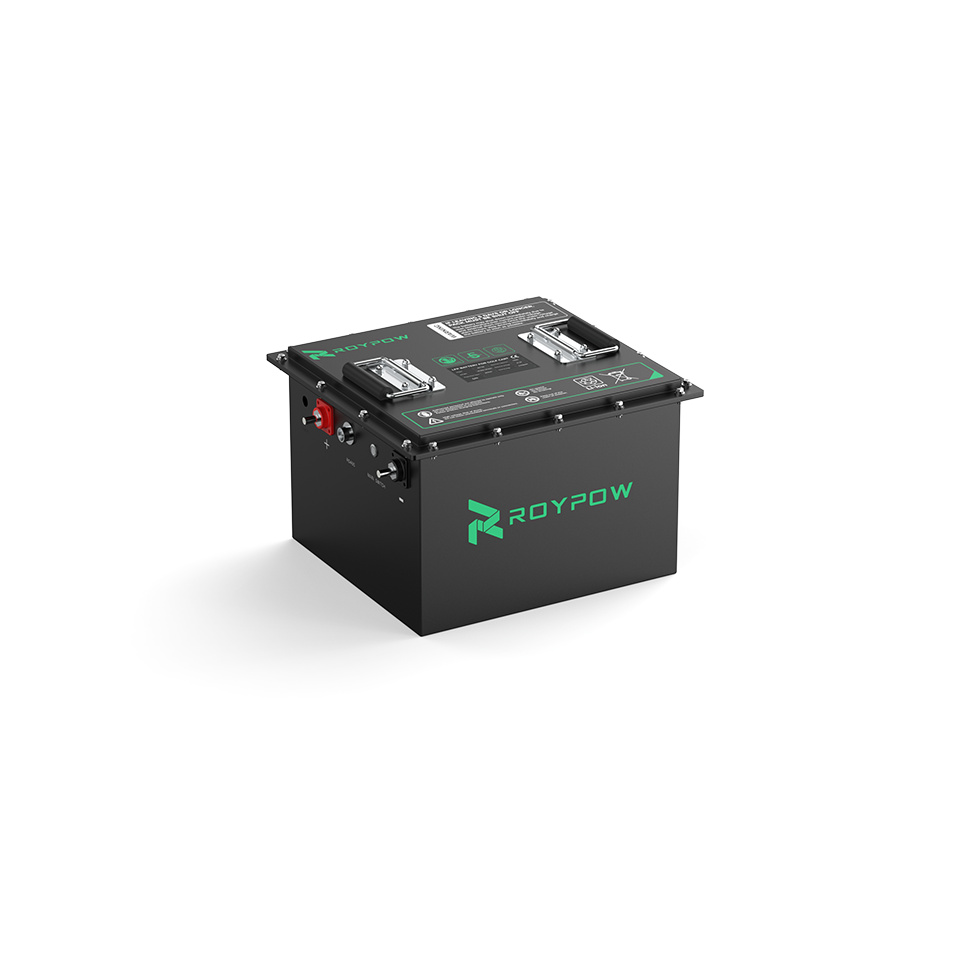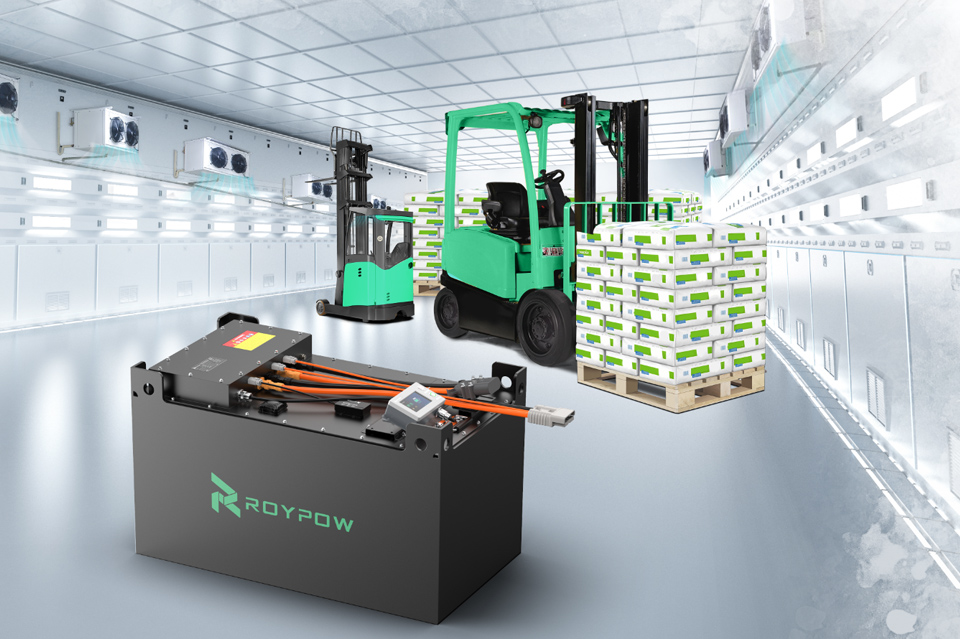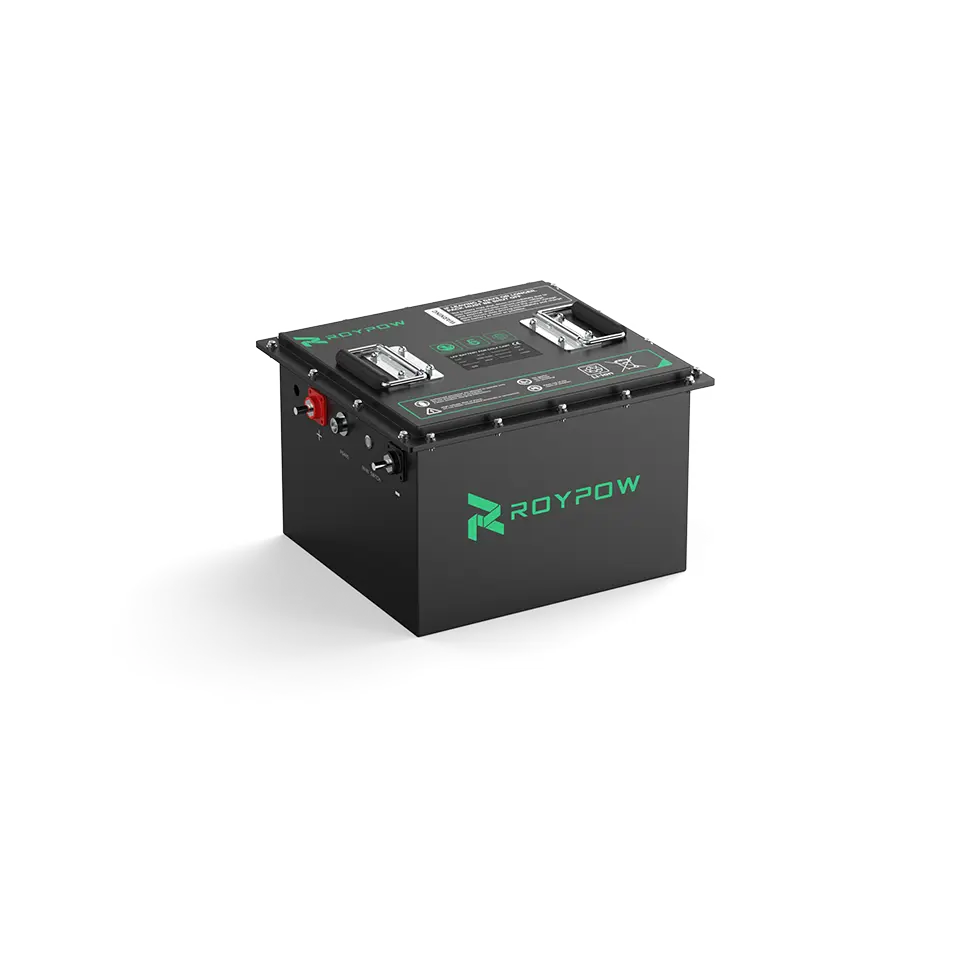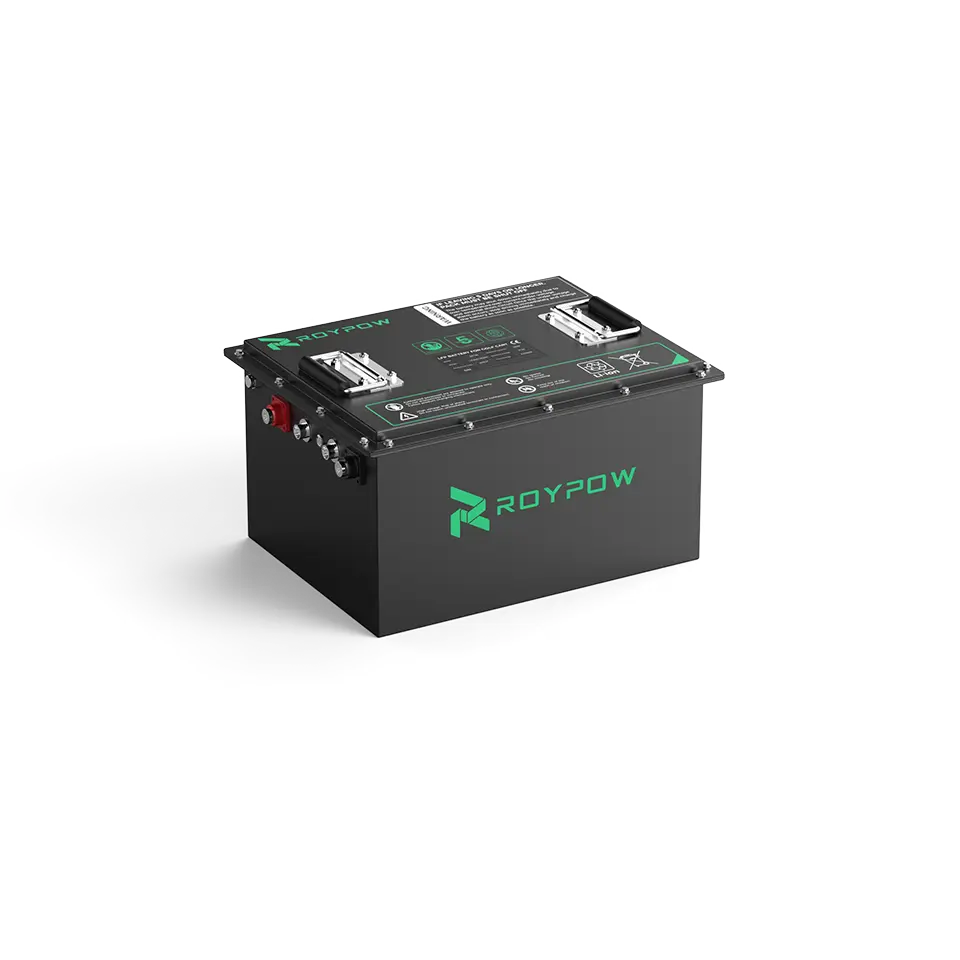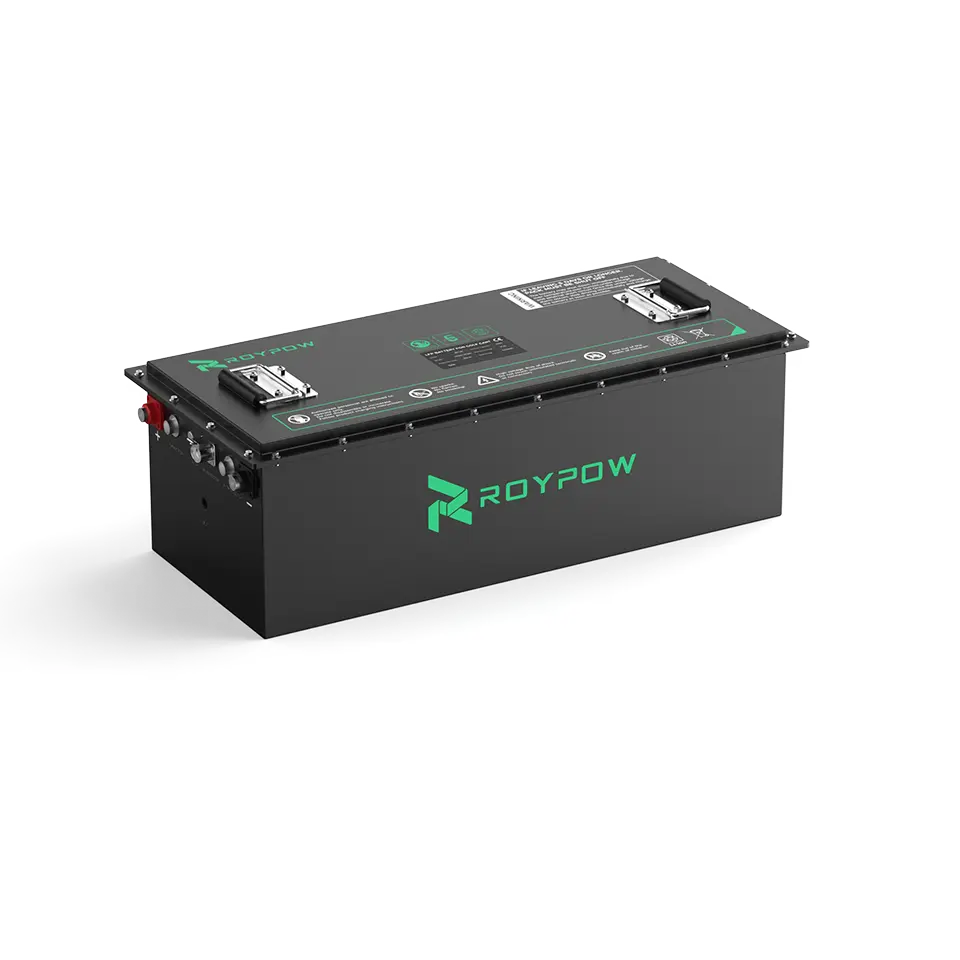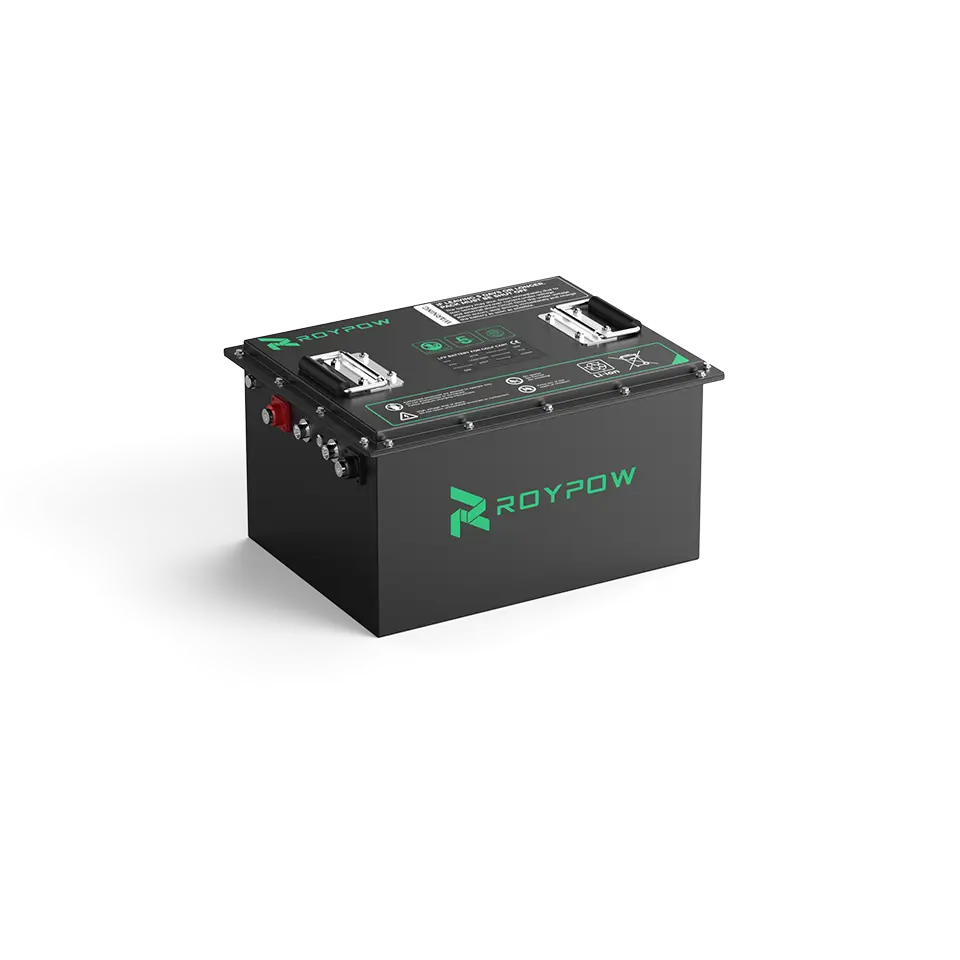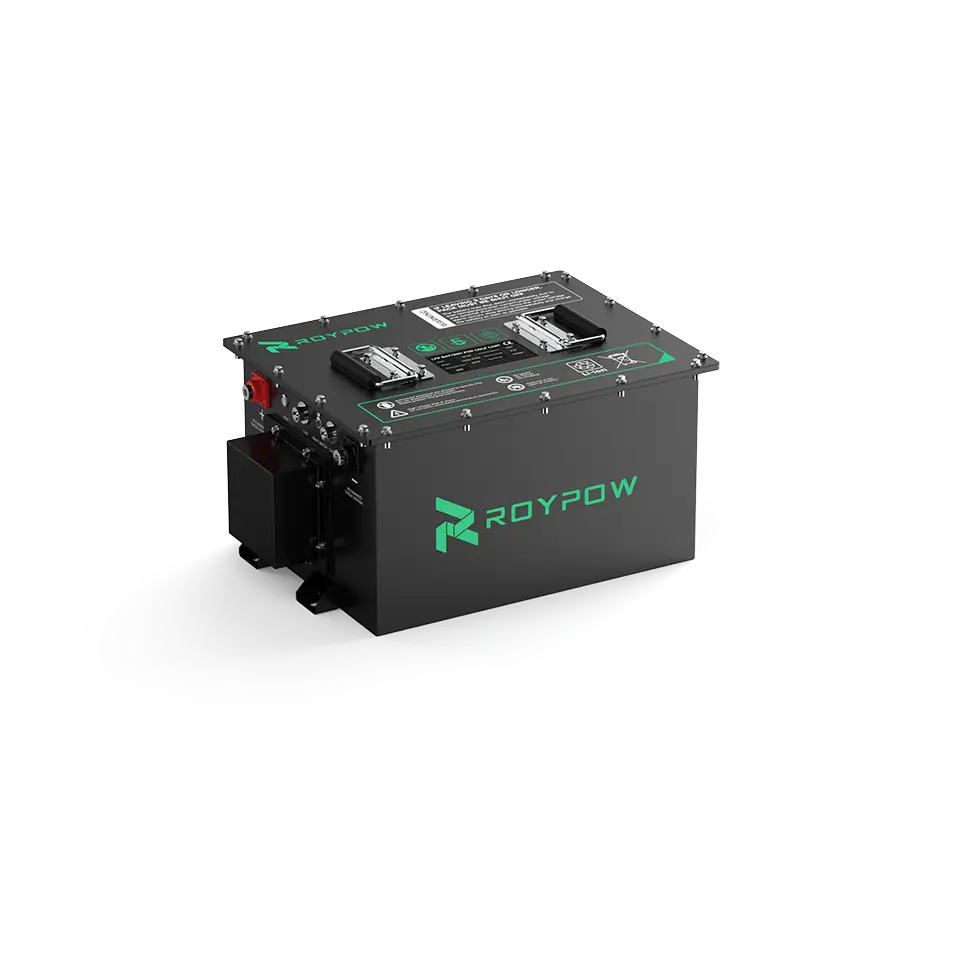Golf cart battery lifespan
Golf carts are essential for a good golfing experience. They are also finding extensive usage in large facilities such as parks or University campuses. A key part that made them very attractive is the usage of batteries and electric power. This allows golf carts to operate with minimum sound pollution and noise emissions. Batteries have a specific lifespan and, if exceeded, result in drops in machine performance and an increase in the potential of leakage and safety issues such as thermal runaways and explosions. Therefore, users and consumers are concerned with how long a golf cart battery can last to avoid disasters and apply proper maintenance when needed.
The answer to this question is unfortunately not trivial and depends on multiple factors, one of which is battery chemistry. Typically, a lead-acid golf cart battery is expected to last between 2-5 years on average in publicly used golf carts and 6-10 years in privately owned ones. For a longer life span, users can use lithium-ion batteries that are expected to last over 10 years and reach almost 20 years for privately owned vehicles. This range is affected by multiple agents and conditions, making the analysis more complex. In this article, we will dive deeper into the most common and influential factors in the context of golf cart batteries, while providing some recommendations when possible.
Battery chemistry
As mentioned previously, the choice of battery chemistry directly determines the expected lifespan range of the golf cart battery used.
Lead-acid batteries are the most popular, given their low prices and ease of maintenance. However, they also provide the smallest expected lifespan, an average of 2-5 years for publicly used golf carts. These batteries are also heavy in size and not ideal for small vehicles with high power requirements. One also has to monitor the depth of discharge or capacity available in these batteries, so it is not recommended to use them below 40% of retained capacity to avoid permanent electrode damage.
Gel lead-acid golf cart batteries are proposed as a solution to the shortcomings of traditional lead-acid golf cart batteries. In this case, the electrolyte is a gel instead of a liquid. This limits emissions and the possibility of leakage. It requires minimal maintenance and can operate in extreme temperatures, especially cold temperatures, that are known to increase battery degradation and, as a result, reduce lifespan.
Lithium-ion golf cart batteries are the most expensive but provide the largest life span. In general, you can expect a lithium-ion golf cart battery to last anywhere between 10 to 20 years depending on usage habits and external factors. This is mainly down to electrode composition and the electrolyte used, making the battery more efficient and more robust to degradation in the case of high load requirements, fast charging requirements, and long usage cycles.
Operation conditions to consider
As mentioned previously, battery chemistry is not the only determining factor of golf cart battery lifespan. It is, in fact, a synergetic interaction between battery chemistry and multiple operating conditions. Below is a list of the most influential factors and how they interact with battery chemistry.
. Overcharging and over-discharging: Charging or discharging the battery beyond a certain state of charge can permanently damage the electrodes. Overcharging can occur if the golf cart battery is left too long on the charge. This is not a great concern in the case of lithium-ion batteries, where the BMS is typically configured to cut off charging and protect against such scenarios. Over-discharge, however, is less trivial to handle. The discharge process depends on the golf cart usage habits and tracks used. Limiting the depth of discharge would directly limit the distances the golf cart can cover between charging cycles. In this case, lithium-ion golf cart batteries hold an advantage as they can withstand deeper discharging cyclers with less degradation impact compared to lead-acid batteries.
. Fast charging and high-power demands: Fast charging and high-power demands are opposing processes in charging and discharging but suffer from the same fundamental issue. A high current density on the electrodes could lead to material loss. Again, lithium-ion golf cart batteries are better suited for fast charging and high-power load demands. In terms of application and performance, high power can achieve high acceleration on the golf cart and higher operating speeds. This is where the driving cycle of the golf cart can affect the battery life span in tandem with usage. In other words, the batteries of a golf cart used at low speeds on a golf course would outlast the batteries of a second golf cart used at extremely high speeds on the same field.
. Environmental conditions: Extreme temperatures are known to affect battery life span. Whether parked in the sun or operated in near-freezing temperatures, the outcome is always detrimental for golf cart batteries. Some solutions have been proposed to reduce this impact. Gel Lead-Acid golf cart batteries are one solution, as previously mentioned. Some BMS also introduce low charging cycles for lithium-ion batteries to heat them before the high C-rate charging to limit lithium plating.
These factors should be taken into account when purchasing the golf cart battery. For example, the S38105 LiFePO4 battery from ROYPOW is reported to last 10 years before reaching end of life. This is an average value based on laboratory testing. Depending on the usage habits and how the user maintains the golf cart battery, the expected cycles or years of service can decrease or increase beyond the average value reported in a golf cart battery datasheet.
Conclusion
In summary, the lifespan of a golf cart battery will vary depending on usage habits, operating conditions, and battery chemistry. Given the first two are difficult to quantify and estimate beforehand, one can rely on average ratings based on battery chemistry. In that regard, lithium-ion golf cart batteries provide a longer lifespan but a higher initial cost compared to the low lifespan and cheap cost of lead-acid batteries.
Related article:
How long do golf cart batteries last
Are Lithium Phosphate Batteries Better Than Ternary Lithium Batteries?


